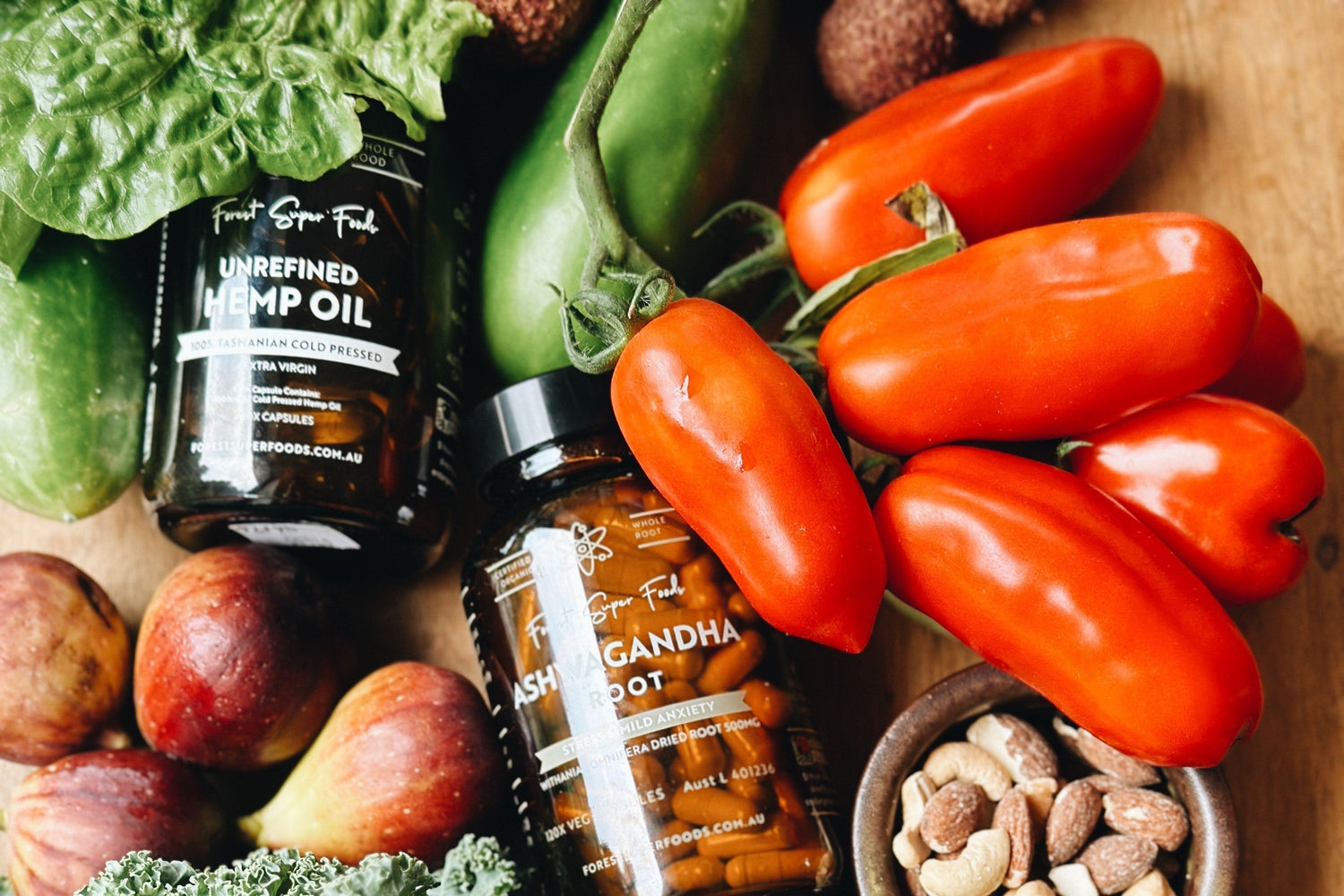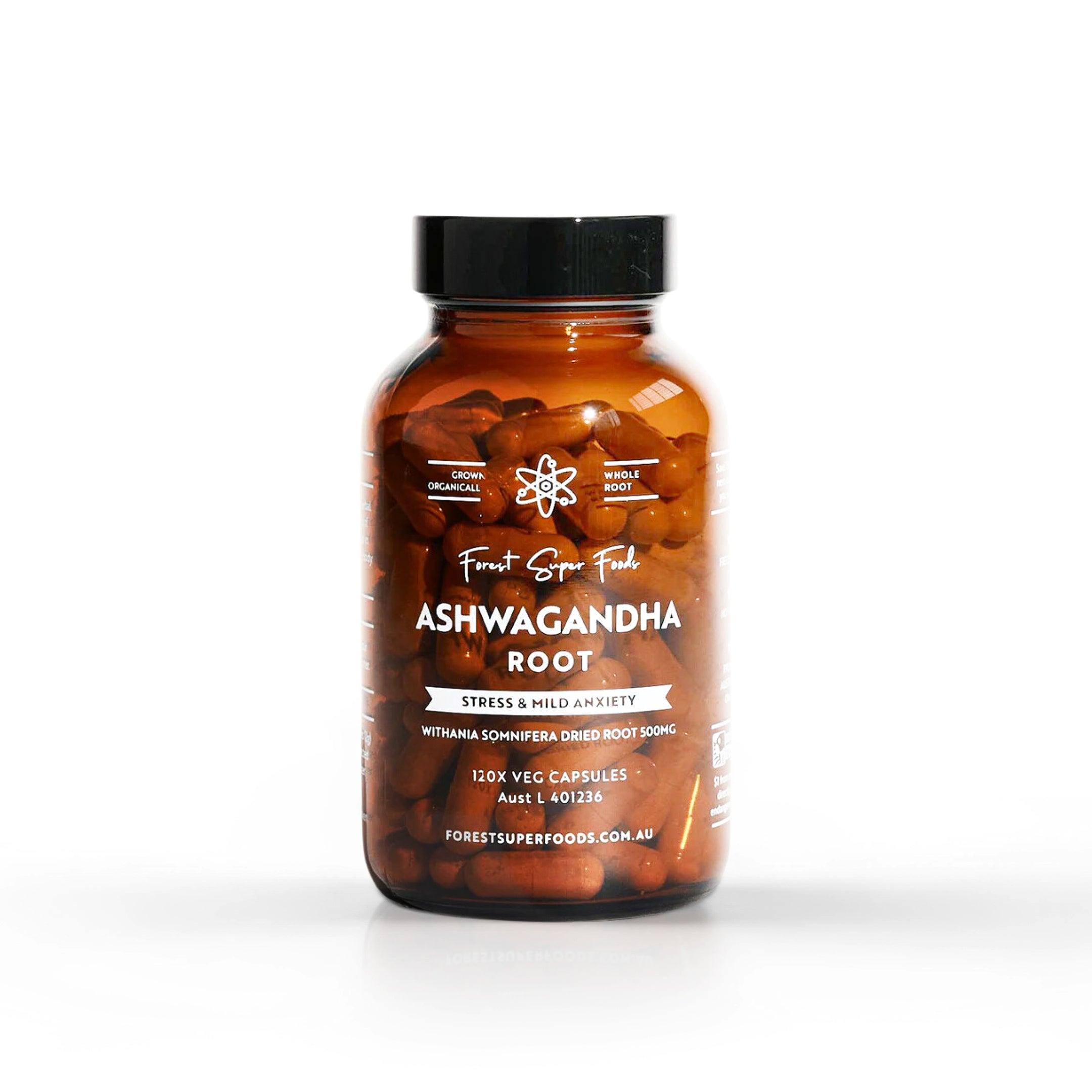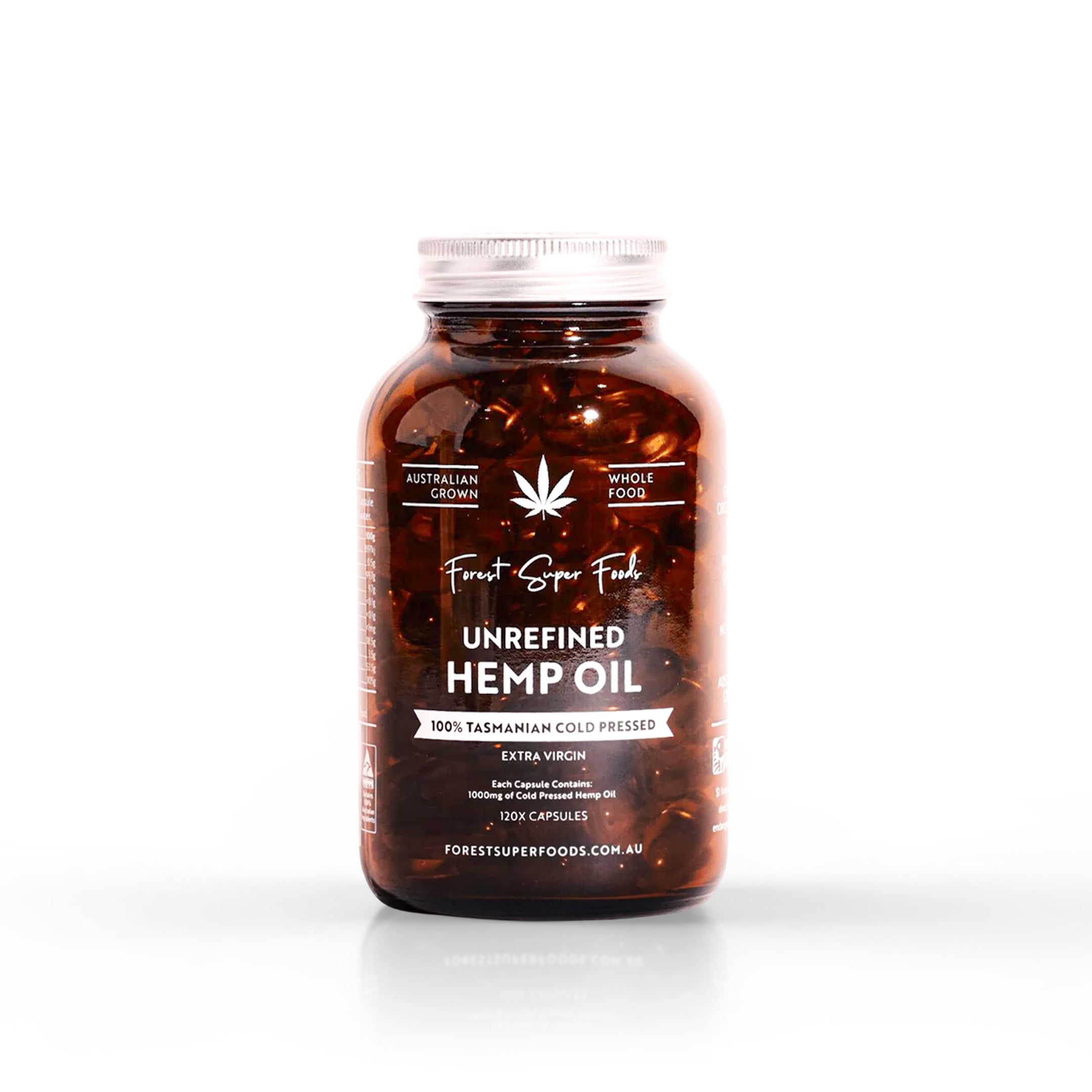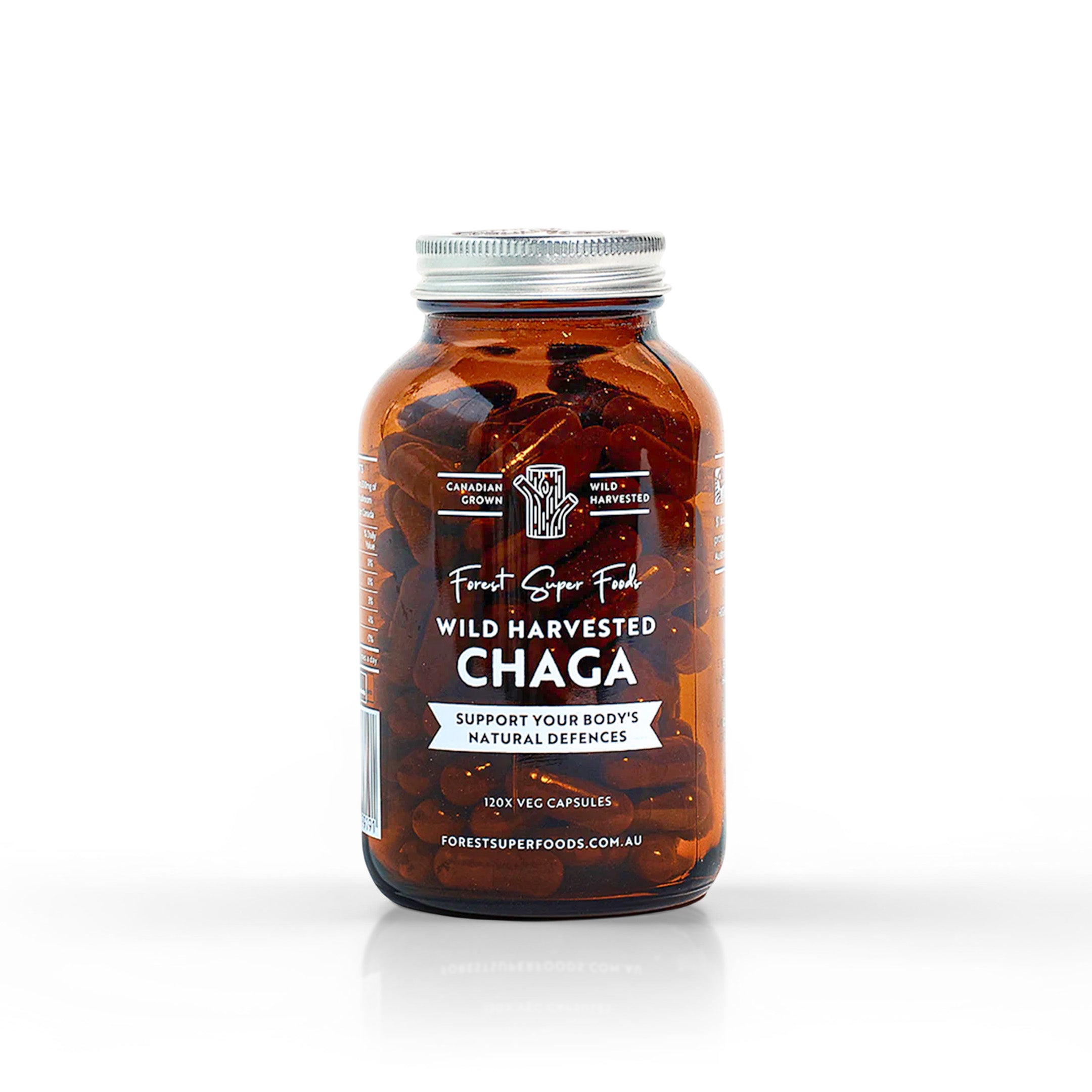It's amazing to be alive in a time when we get to understand the workings of the human body like never before… one organ we should all get familiar with is our hearts.
Heart disease is the leading cause of mortality world wide- and its largely preventable. Whilst genetics play a role in heart health, so do the choices we make everyday- what we eat, what we eat out of, how we manage stress and how active we are,-can either strengthen or strain this vital organ, often without us even realising it.
The heart is a muscular organ that pumps blood throughout the body, supplying oxygen and nutrients to tissues and removing waste products, and arteries are the ‘roads’ that transport the oxygen rich blood from the heart to the tissue and organs.
Problems arise when the heart's blood supply is reduced or blocked, it's akin to encountering a roadblock in the arteries, leading to conditions such as heart attacks and strokes.
Understanding Arterial Health
Arteries can become clogged due to the accumulation of plaque—a combination of fat, cholesterol, and other substances. This process, known as atherosclerosis, restricts blood flow and increases the risk of heart attacks and strokes.
The Silent Killers. There are many contributors to arterial blockage
Excessive Sugar Intake: For decades, dietary fats, particularly saturated fats, were blamed for rising rates of heart disease, leading to widespread campaigns promoting low-fat diets. However, emerging research has revealed that sugar, not fat, may have been the bigger culprit all along. High sugar consumption contributes to obesity, inflammation, insulin resistance, and elevated triglycerides—key drivers of heart disease.
Imbalance of Omega-3 and Omega-6 Fatty Acids: Modern diets and the consumption of seed oils and the industrial farming of animals leads to an imbalance of Omega 3: 6 ratio. The excess of omega-6 fatty acids leads to inflammation. Balancing these with omega-3s is crucial for cardiovascular health.
Exposure to Plastics: Microplastics can contribute to inflammation in blood vessels, it has been found that they can accumulate in the arteries, and are pro-inflammatory
Stress: When stressed, the body releases hormones like adrenaline and cortisol, which increase heart rate and blood pressure. Over time, these elevated levels can damage artery walls, leading to hypertension—a major risk factor for heart disease. Prolonged stress can further contribute to inflammation in the body, which is linked to the development of atherosclerosis, where arteries become clogged with fatty deposits.
High Cholesterol and Blood Pressure: Elevated levels of low-density lipoprotein (LDL) cholesterol can lead to the buildup of fatty deposits in arteries, narrowing them and restricting blood flow to the heart. High blood pressure further strains the cardiovascular system by damaging artery walls, creating an environment conducive to plaque formation.
Preventing and Addressing Clogged Arteries
Dietary Choices: Whole, nutrient-dense foods rich in antioxidants and healthy fats. Incorporate fatty fish, hemp oil and seeds, leafy greens, berries, and nuts into your meals.
Physical Activity: Engage in regular exercise to strengthen the heart and improve circulation.
Stress Management: Practice mindfulness techniques to reduce stress, breathwork, yoga, meditation , take Ashwagandha.
Recognising Signs of Heart Issues
Be attentive to symptoms such as chest discomfort, shortness of breath, unexplained fatigue, swelling in the extremities, and irregular heartbeats. Consult a healthcare professional if these occur.
Incorporate the following into your diet
Foods high in Omega 3’s: Rebalance your fats and consume more Wild caught salmon, hemp seeds, mackerel, sardines, flaxseeds, chia seeds, walnuts, anchovies, herring, and trout are all excellent sources of omega-3 fatty acids. These fats help reduce inflammation
Foods high in nitrates: Beetroot, spinach, rocket, celery,kale, lettuce, radishes, bok choy, carrots, cabbage, and parsley are all rich in natural nitrates, which your body can convert into nitric oxide to support cardiovascular health.
Foods high in antioxidants: Blueberries, strawberries, dark chocolate, pecans, cacao, artichokes, goji berries, raspberries, kale, red cabbage, chaga, and spinach are all rich in antioxidants, which help protect your cells from damage caused by free radicals.
Foods high in both fat and fibre: Nuts and seeds, olives, avocado, Incorporating foods rich in both fibre and healthy fats into your diet can significantly enhance heart health. Fibre helps lower LDL cholesterol levels by binding to cholesterol in the digestive system and removing it from the body, thereby reducing the risk of heart disease.
Olive oil: Olive oil, particularly extra virgin olive oil, is renowned for its heart health benefits. Rich in monounsaturated fats, it helps reduce LDL ("bad") cholesterol levels while maintaining HDL ("good") cholesterol, thereby lowering the risk of heart disease. It also contains polyphenols, which are antioxidants that protect blood lipids from oxidative stress, further supporting cardiovascular health.
Only eat Free Range, grass fed animal’s, eggs and dairy: Animals raised on grain-heavy diets (like corn and soy) have a much higher omega-6 content compared to their grass-fed counterparts. This imbalance is passed onto us through the meat, dairy, and eggs we consume, amplifying chronic inflammation—a key driver of heart disease.
Your heart health is in your hands, so take control of it, cook food at home to avoid the nasty seed oils, avoid the silent killers, like excessive sugar intake, chronic stress, and even exposure to everyday toxins, use olive oil, move your body everyday..only eat free range animals and dairy... these small changes are big for heart health, start today repeat tomorrow









1 comment
Debra King
Very interesting and informative article – many thanks.
Especially re Omega 6 and 3 imbalance and importance of opting for free-range etc. 🐂
Leave a comment
All comments are moderated before being published.
This site is protected by hCaptcha and the hCaptcha Privacy Policy and Terms of Service apply.